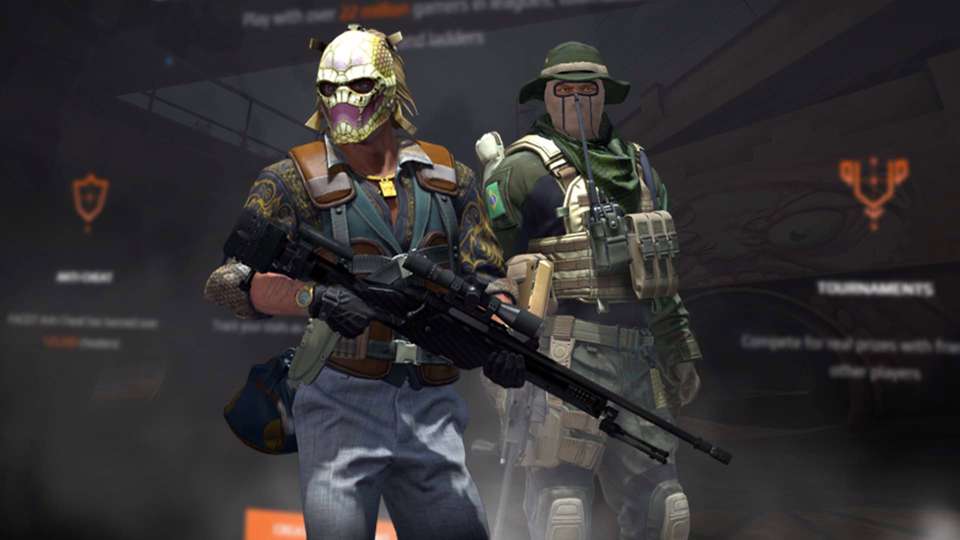What Is FACEIT? Why You Should Use It With CS:GO

If you’ve been playing competitive CS:GO for more than a minute, chances are you’ve heard of something called FACEIT - but what is it and why should you care?
At its core, FACEIT is a third-party matchmaking service for players looking to get a more consistent challenge with more definable skill groups, better anti-cheat and servers with increased tick rates.
Find out why pro players like s1mple and ZywOo rely on FACEIT to prepare for their most important tournaments throughout the season.
What is tick rate and why is it important?
One of the main reasons for queuing up on FACEIT servers will be the increased tick rate compared to the standard tick rate on servers played with matchmaking in CS:GO.
Tick rate explained

Basically, a higher tick rate means that the server will refresh what the players are seeing much faster, reducing the risk of actions, like shooting or moving, not being seen by the server, and therefore not registered.
When using the standard matchmaking on native servers in CS:GO, the tick rate is limited to just 64 tick, while playing on FACEIT servers allows you to play matches at twice the rate at 128 tick. This makes things like hit registration, and even bomb defusals, much more accurate in general, making for a far smoother experience.
Why is FACEIT Anti-Cheat better?
Any game experiencing mainstream popularity will have players looking to gain a competitive advantage through cheating or exploits. This is especially the case for Counter-Strike, having been notorious for its struggle against cheaters since it first launched more than 20 years ago.
VAC explained
The problem with server-side anti-cheats is that they’re easy to bypass due to their limited reach, only being able to detect what’s happening while playing in a VAC secured server.
To deal with cheaters, FACEIT instead uses a client-side anti-cheat, widely known as one of the most effective and hard to bypass anti-cheats available.

A visualization of protection rings in a computer system
FACEIT Anti-Cheat explained
Advanced cheats get installed deep within the computer system inside something called a protection ring, effectively becoming invisible to any anti-cheat without access to that system. A popular technique for advanced cheats to bypass anti-cheats like VAC will be to take over one of these protection rings in your operating system.
As these systems are running from the moment you boot up your PC, it’s impossible to verify their integrity unless you have a component that's running constantly. Luckily, this is what a kernel driver does.
Matchmaking against similarly skilled players
With FACEIT, players are divided into 10 different skill groups with clearly defined Elo requirements. An Elo-rating refers to a method for calculating skill levels of players measured by wins, losses, draws against other players, and the results scored against them. The better you fare against skilled players, the higher your Elo will be.
The problem with CS:GO skill groups

Source: Valve
As the matchmaking in CS:GO has to house a far wider player base than FACEIT, the majority of the skill groups are taken up by beginner to intermediate players. The top tier ranks, Supreme Master First Class and Global Elite are tasked with matchmaking a large player base of experienced and skilled players with very large skill gaps between them.
The benefit of FACEIT skill groups
More ways to play with FACEIT
Besides servers with improved tick rates, better matchmaking and one of the best anti-cheats in the world, FACEIT also offers HUBS, clans, tournaments, and team-based matchmaking. It’s the premier spot for competitive CS:GO if you’re looking to take your game to the next level.
Playing with FACEIT automatically makes you eligible to win prizes with Viciplay as well. You’ll earn vicicoins to spend on raffle tickets for your chance to win prizes from some of the biggest brands in gaming. We’re talking headsets, gaming chairs, gift cards – you name it, you can win it! Click on the link in the top right corner and get started today!